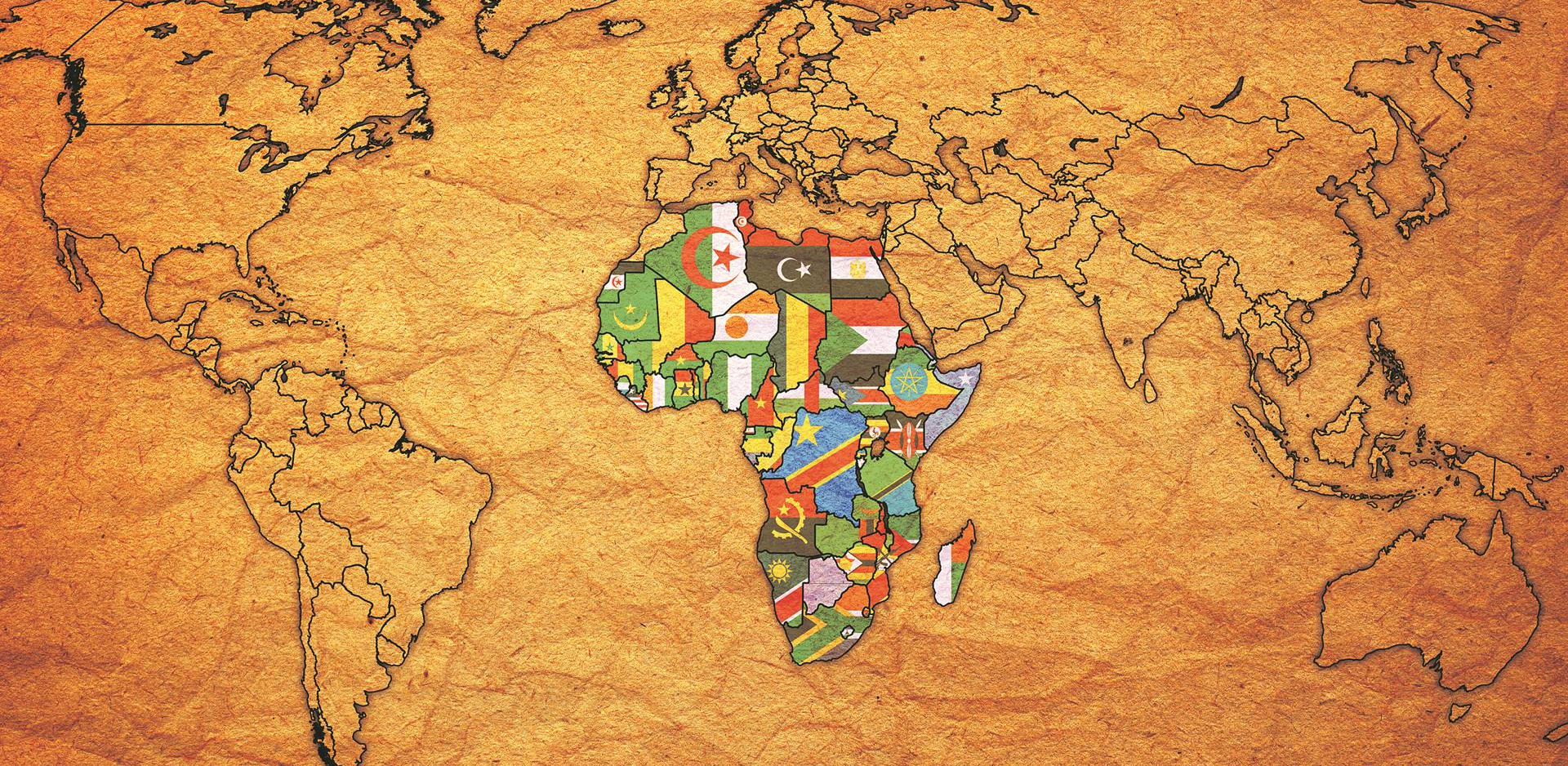
Our Projects are
Transforming African Trade
Quick Contacts
2nd Floor, Fidelity Insurance Centre Waiyaki Way, Westlands

The AfCFTA seeks to significantly increase trade between African countries by reducing tariffs, eliminating trade barriers, and streamlining customs procedures. This single market is expected to benefit African businesses by providing access to a larger customer base, promoting competition, and encouraging innovation.
By fostering closer economic ties between African nations, the AfCFTA aims to create a more integrated and resilient economic bloc. This integration is anticipated to attract foreign investment, stimulate economic growth, and create jobs across the continent. Moreover, it will enhance Africa’s collective bargaining power on the global stage.
Since its inception, the AfCFTA has made considerable progress. Many member states have ratified the agreement and are actively working towards implementing its provisions. Infrastructure development, such as improved transport and communication networks, is also underway to support the increased trade activities.
However, challenges remain. Ensuring the effective implementation of the agreement across diverse economies and regulatory environments is a complex task. Additionally, addressing non-tariff barriers, such as bureaucratic red tape and logistical inefficiencies, is crucial for the success of the AfCFTA.
Despite these challenges, the outlook for the AfCFTA remains overwhelmingly positive. Experts believe that the agreement has the potential to lift millions out of poverty and accelerate industrialization across Africa. The World Bank estimates that by 2035, the AfCFTA could boost Africa’s income by $450 billion and increase exports by $560 billion.
The AfCFTA represents a significant step towards realizing the vision of a unified and economically prosperous Africa. By creating a single market for goods and services, the agreement not only aims to boost intra-African trade but also to foster a sense of solidarity and shared destiny among African nations. As the continent continues to work towards full implementation, the promise of a more integrated and thriving Africa becomes increasingly attainable.
Read original article
Disclaimer: The views and opinions expressed in this article are those of the authors and do not necessarily reflect the official policy or position of TradeMark Africa.